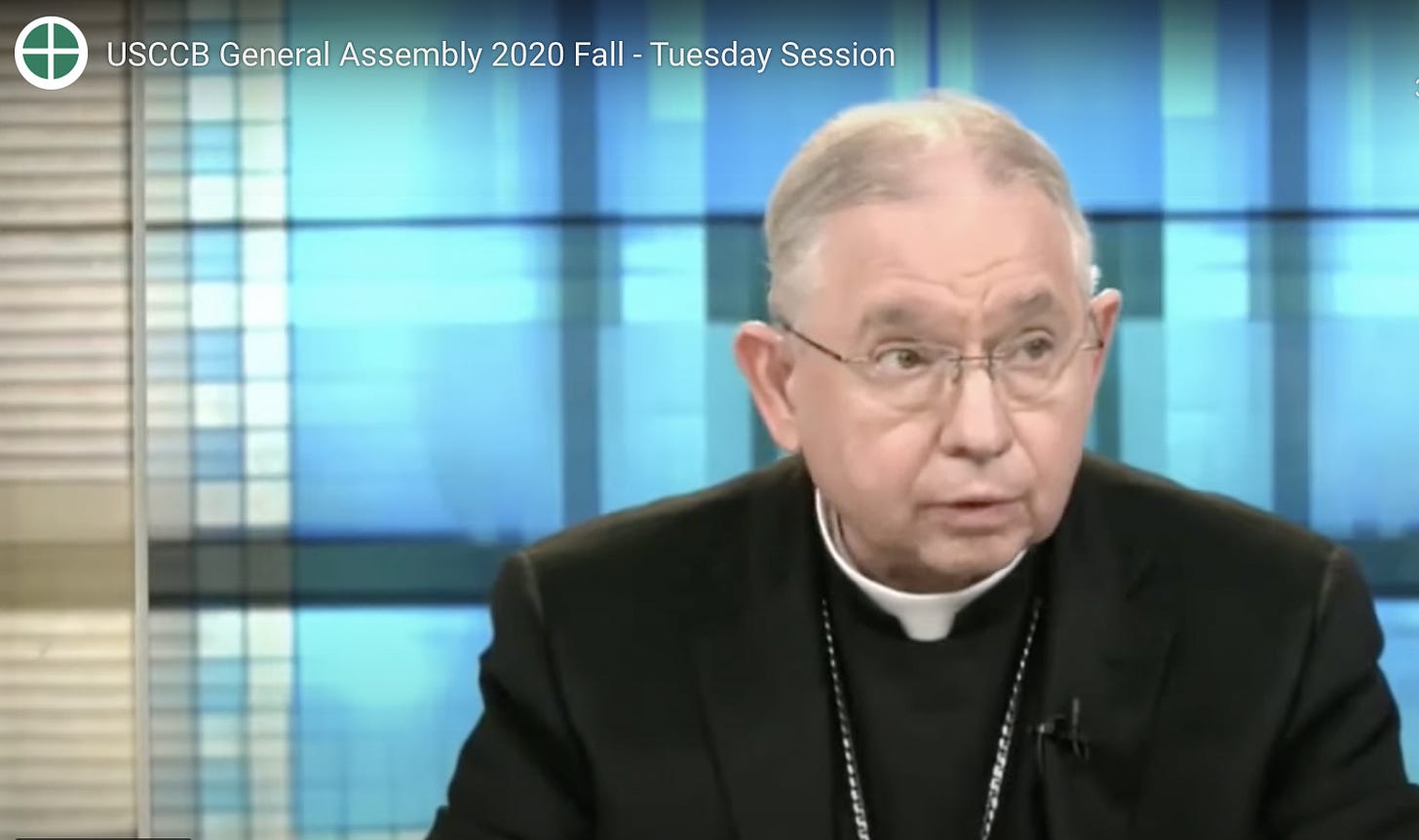Catholics could be forgiven for believing that the only thing the U.S. bishops will discuss at their virtual spring assembly this month is the issue of “Eucharistic coherence.”
The preliminaries to that discussion have included dueling essays in Catholic periodicals,…

